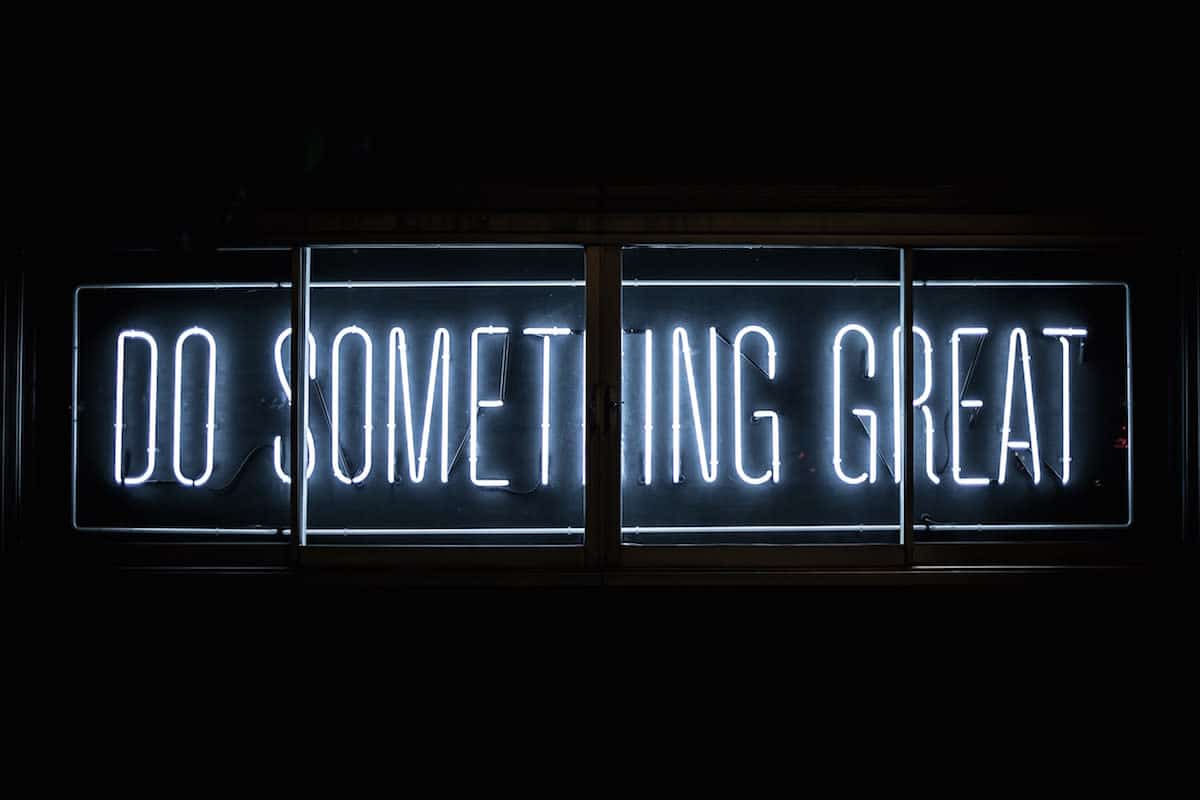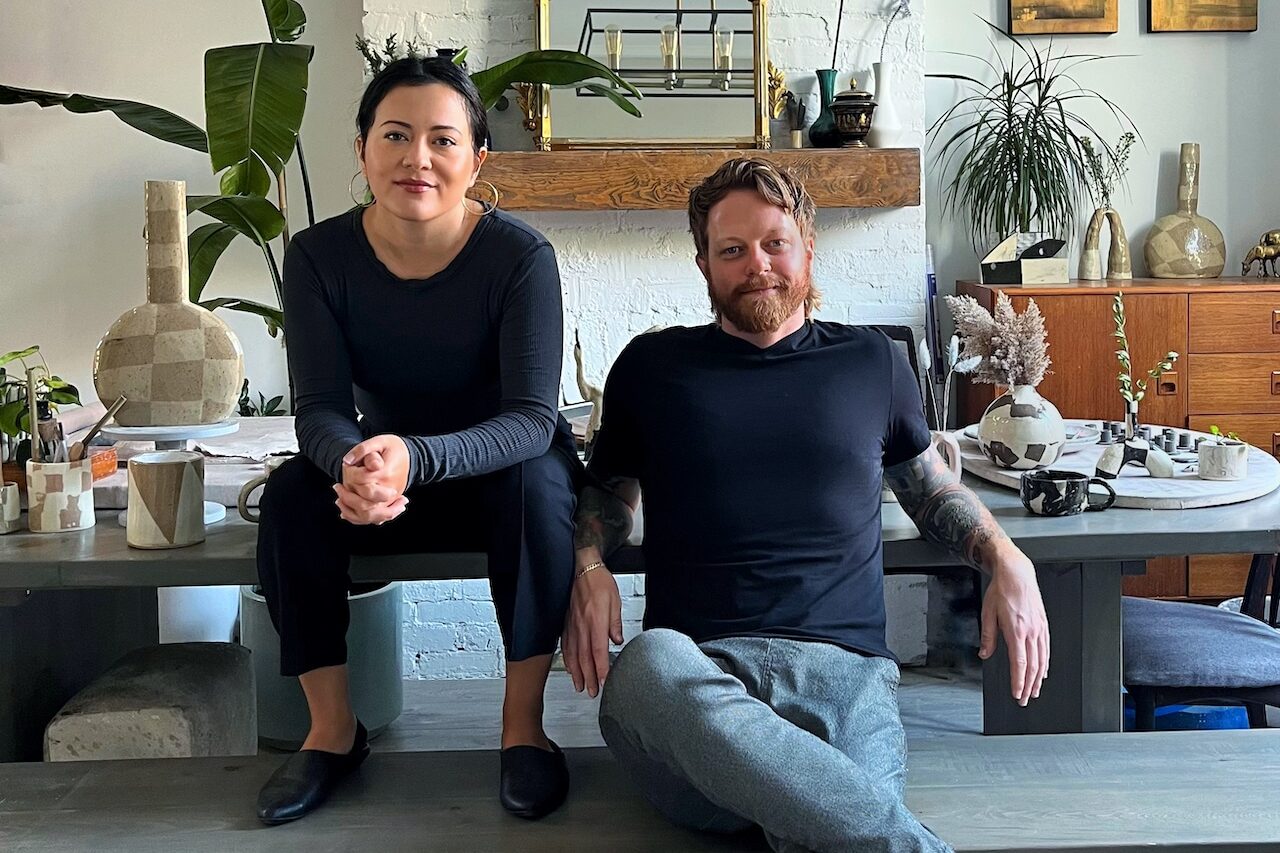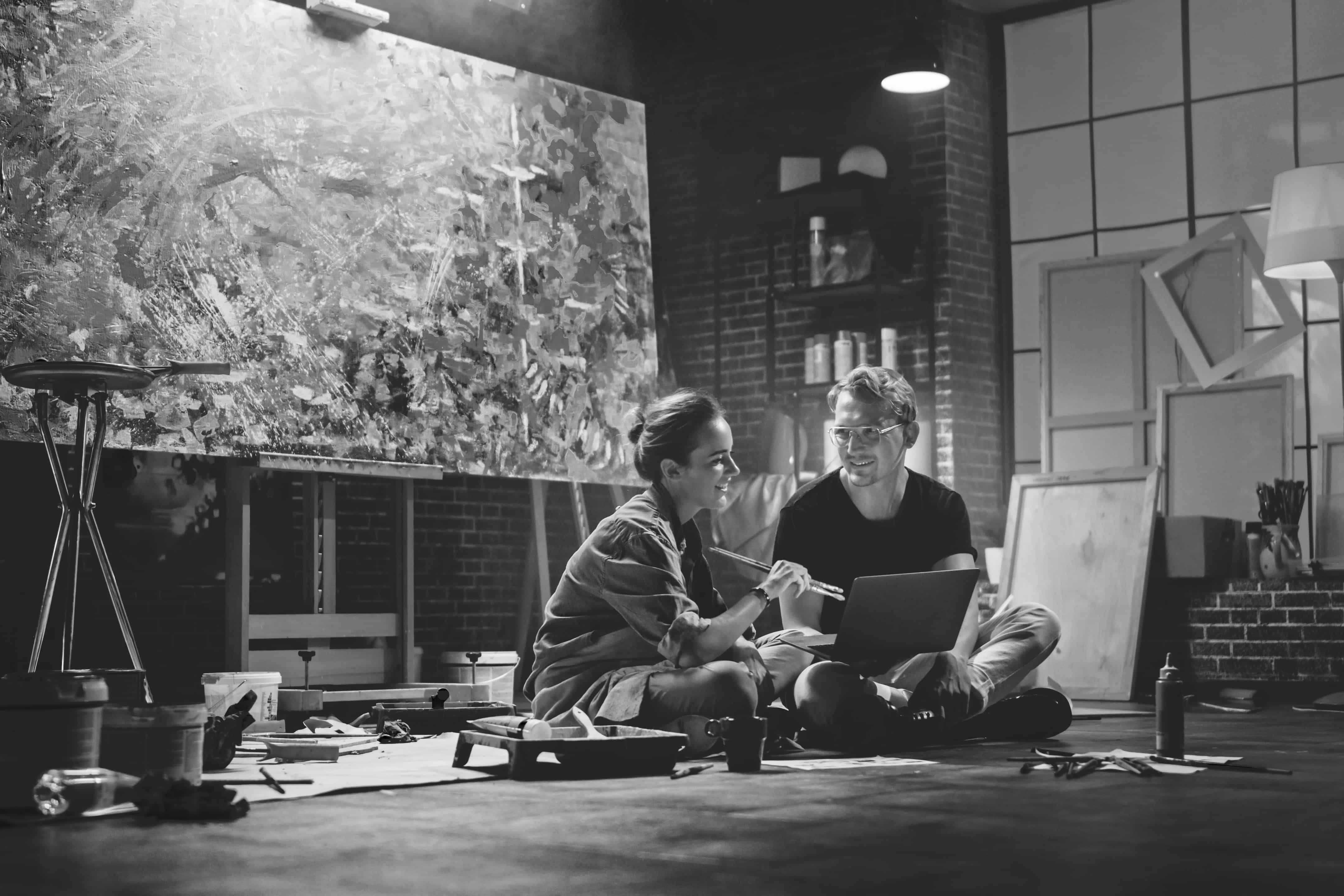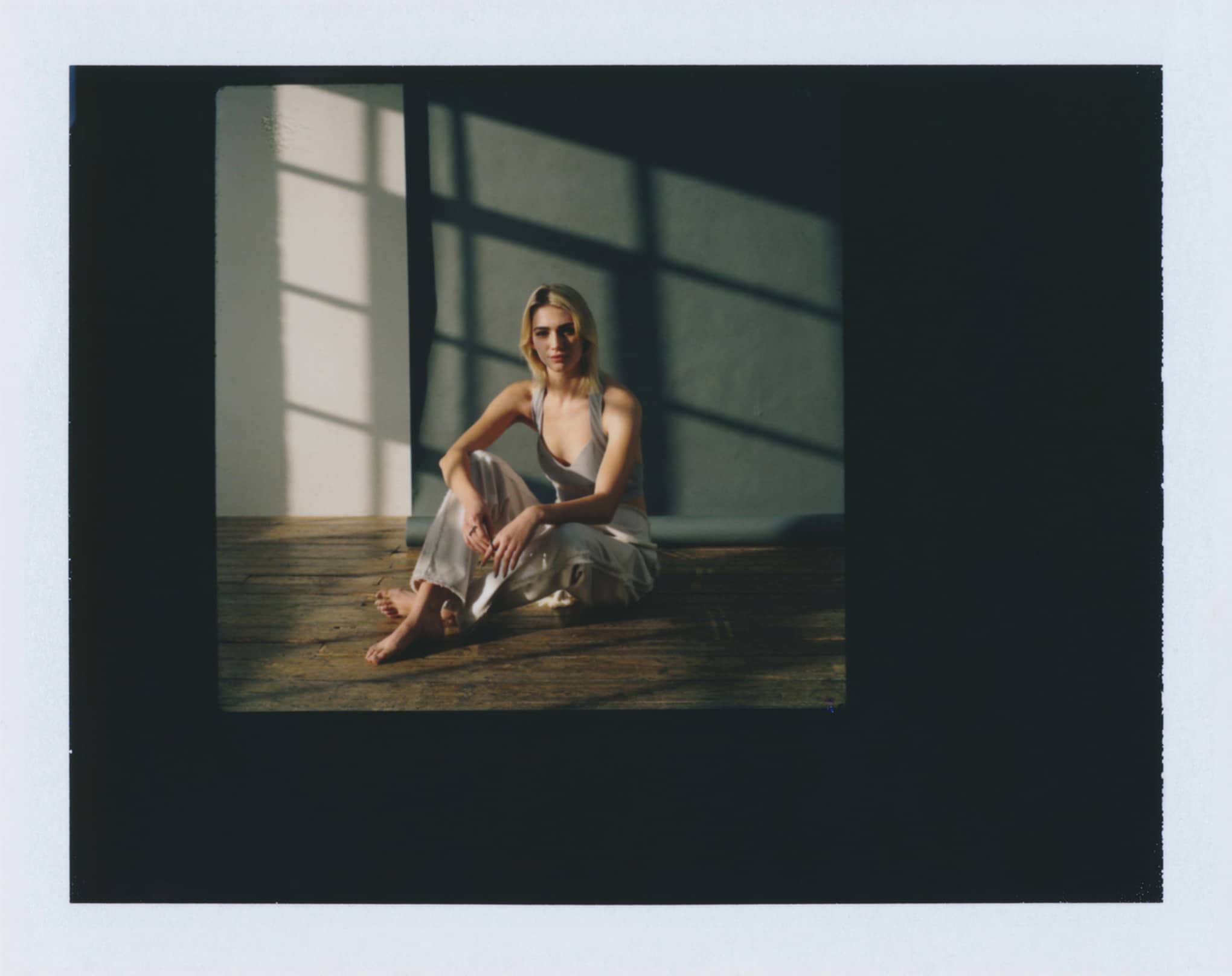As a creator, you probably know how satisfying it is to get a rush of unexpected inspiration, fueling a productive streak. Unfortunately, that doesn’t happen every day. If you waited around for the right mood to strike each time you wanted to produce a new project, you might be waiting for a very long time!
Learning how to stay motivated as an artist is a valuable skill for any creative professional. From increased productivity and earnings to improved work quality, learning how to become motivated will pay off throughout your career.
Using techniques to help you get motivated and stay motivated will allow you to produce a more consistent flow of new work. That means adding to your online art portfolio—and landing more clients! Developing that healthy roster of clients, who actually pay you to do the creative work that you love to do, is the dream for many artists. To help you get there, here are 10 useful tips on how to feel motivated as an artist.

1. Schedule Short, Focused Work Periods
It is very common to get motivated at the outset of a project, when your idea is fresh and exciting and the possibilities are limitless…only to have that enthusiasm wane as you hit a challenge or go through an emotionally low period.
Don’t worry: you’re not the only artist with a catalogue of half-finished pieces, unedited photo shoots, or rough sketches that never became more! If a project that was once exciting has become tedious, it doesn’t mean you should drop it altogether.
The reality is that the first spark of excitement is usually not enough to sustain your work from start to finish. A great way to revive interest in a project that has been collecting dust is to recognize and embrace the fact that inspiration ebbs and flows. Schedule an amount of time that you can easily balance with the rest of the demands of life, just to work on that half-finished project.
Decide on an amount of time that you can commit to, and don’t stress too much about how long it is. Even if it is only an hour once a week, commit the time to working on it with the knowledge that you are free to put it away once the scheduled time is over.
You’ll see that, after a while, finding motivation for your project will come more naturally. Focusing on the process of sitting with your task, rather than on the desired outcome of finishing it quickly, feels better. (Which is also great for self care.) This is why “trust the process” is such an oft-repeated motivation tip for creators and artists: it’s a valuable piece of advice!

2. Seek Input From Others
If your creative practice is collaborative, such as film production or modeling, you have the benefit of other people around who you can bounce ideas off of to help you stay motivated. But other practices, such as landscape photography, painting, graphic design, or sculpture can require a great deal of solo work.
Even if your art practice is independent, getting new opinions on your project can be helpful in finding motivation. Talking through your creative block with a friend or fellow artist might be just the thing that helps you get motivated and back to work.
Choose an online portfolio builder with built-in client proofing capabilities. This way, you can share your work, right from your website (long before you share your project publicly). This is especially handy for photographers. This feature enables you to:
- Share private proofing galleries, so you can upload images of your work-in-progress and share them only with those who you grant access to.
- Review client feedback or comments from anyone you have shared the gallery with.
- Watermark you images, providing an extra level of protection if you’re nervous about sharing that unfinished work.
Having some thoughtful feedback from people you trust can be a reliable way to get motivated to finish up a project!
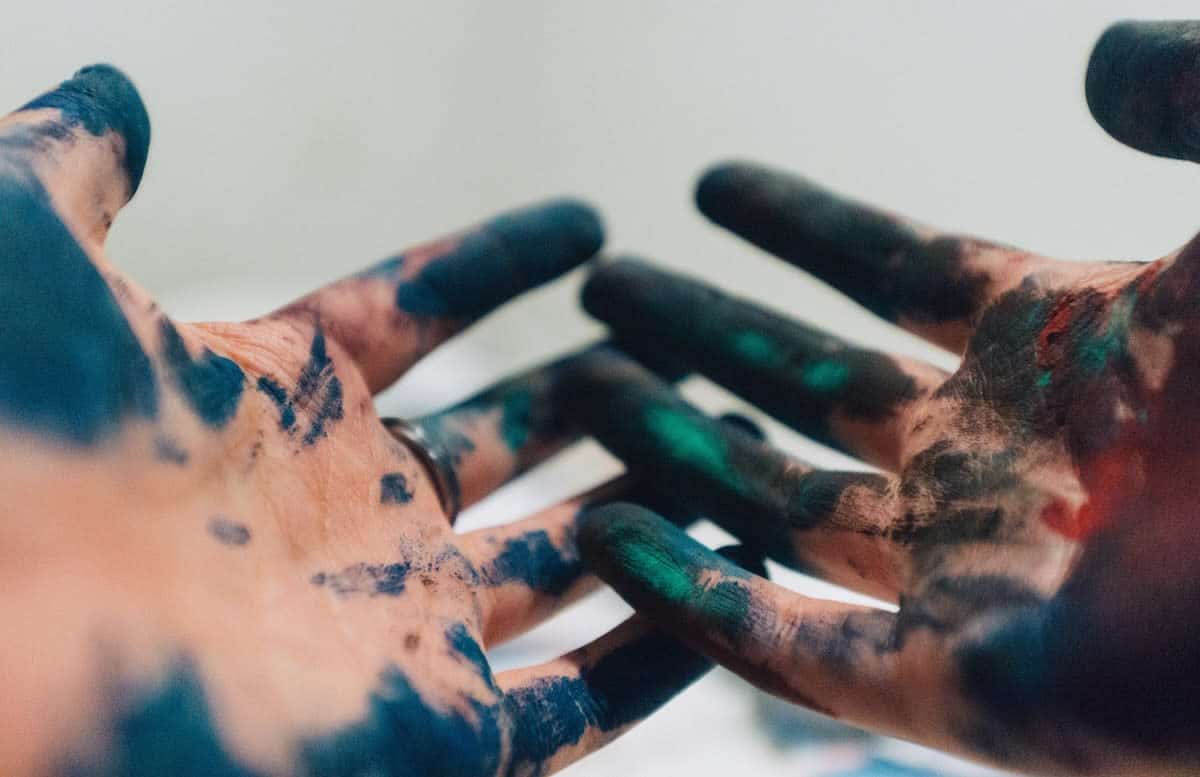
3. Create Space in Your Schedule for Your Craft
If you have the liberty of a flexible schedule, try working on your creative practice at different times of day and see which time is most conducive to you finding motivation. For example, you could try mornings for a couple of weeks, then switch to evenings, and keep track of what you accomplished during each session. Try to work with your body’s natural rhythms, rather than against them, if your busy life permits it!
The most important thing is to free up your calendar regularly to keep working on your art, and to integrate it into your lifestyle. This way, even if your enthusiasm may sometimes be lacking, you are consistently sharpening your technical skills and completing projects. Let family members, partners, or roommates know to respect that time.
It doesn’t all have to be scheduled for specific projects—you should also leave time for free, unstructured artistic play. Our brains are wired to learn through play, but, as adults, we do less and less of it! Giving yourself some unstructured time with your craft could be just the thing to help you stay motivated.
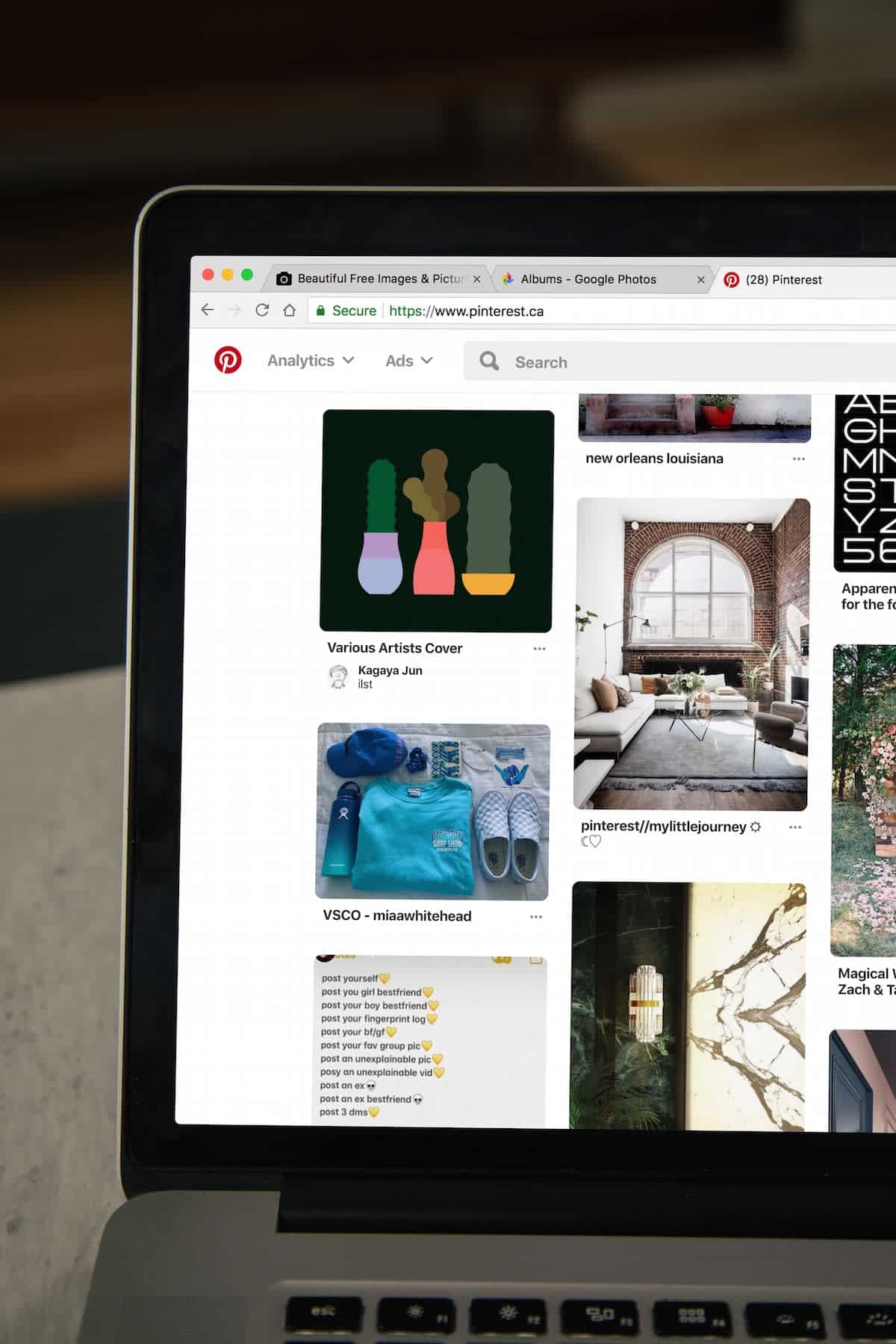
4. Revisit Your Favorite Artists
If you have a new assignment or project, lucky you! This is the perfect time to jumpstart your creativity and get really excited about the creative work that lies ahead. One foolproof way to motivate yourself is to revisit pieces in your field by your favourite artists. Are you an animation artist? Check out some animation artist portfolios. Are you a ceramics whiz? Cruise through some ceramicist portfolios for inspiration.
Think about what aspects of their work are inspirational to you. Watch or read interviews with creatives you admire and look out for anything they can teach you about what motivates artists to create art, and about their process. When you’re starting a new project, you’re probably at your most optimistic and open to new ideas, so take advantage of that state of mind and let other artists help you get motivated! There may be some aspect of their work or process that you can apply directly your new project. Plus, it’s always great to be reminded that other creatives that have challenges and low points, just like the rest of us.

5. Share Your Creative Process
If you’re not sure how to keep yourself motivated after the initial excitement of a new project, sharing your creative process can be really helpful. One option: start a blog.
Don’t have a site yet? Find a website builder that can create an online portfolio for you that has a blog built right in. This way, you don’t have to set up a separate website, and your blog does double duty, since it will also bring more visitors to your online portfolio!
Use it to share photos of work in progress, ideas for new work, tours of your workspace, or even your favorite art quotes or motivational pictures.
Try sharing some of your more long-term creative goals with the world. Accountability can really help you stay motivated, and writing about your goals publicly makes you instantly more accountable.
(Want to drive more traffic to your art blog? Check out our SEO guide for some tips!)
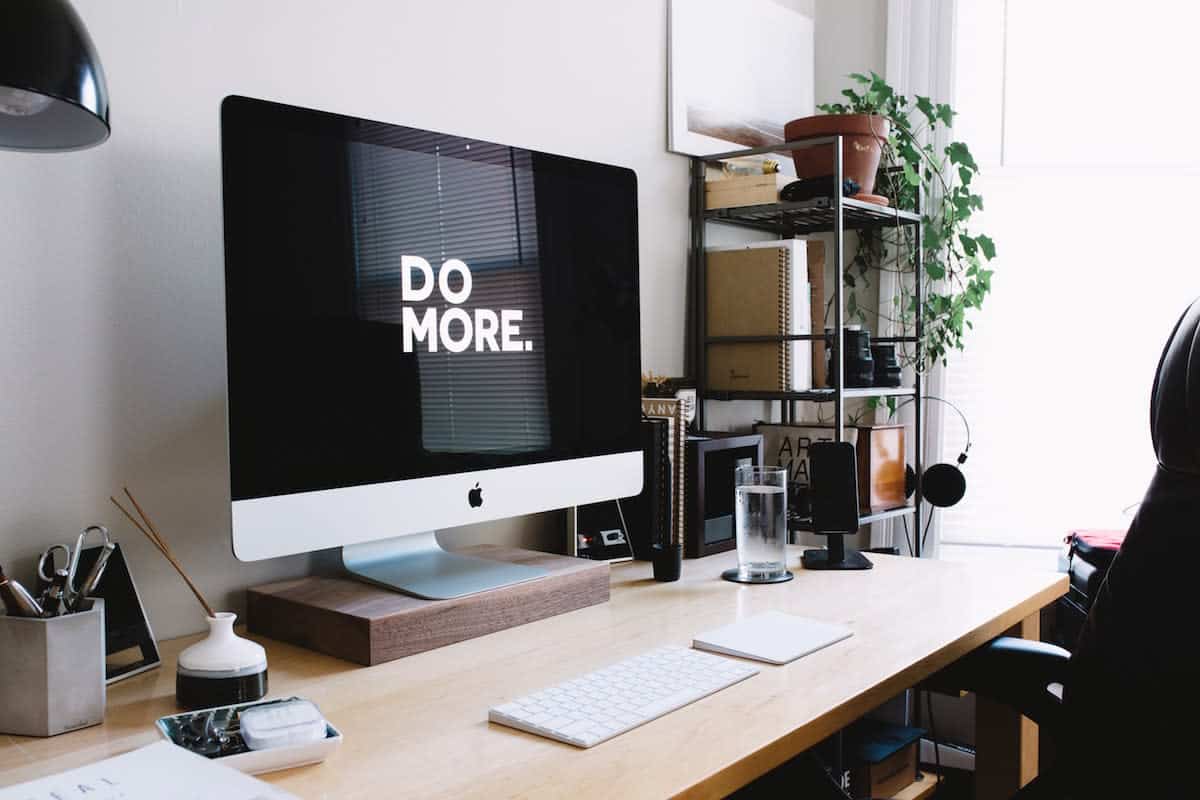
6. Read Art Quotes Daily
Nothing is as inspiring as reading the words of your fellow artists. This is why it’s smart to have a steady supply of inspirational quotes about art and creating in your life—it’s a really simple way to stay motivated.
There are tons of ways that you can access inspirational art quotes on a daily basis. If you prefer digital, look for a newsletter that will land in your inbox daily with motivational artwork or inspirational art quotes.
For those who love analog, why not try a beautiful daily calendar that contains motivational paintings or inspirational quote artwork? These little regular reminders can be very helpful, particularly on those days when you need the extra push to get to work.
Sure, they won’t all resonate with you, but those ones that do might stick with you throughout your career. Tack your faves up above your home office desk, and reflect on them when you are having trouble finding motivation.
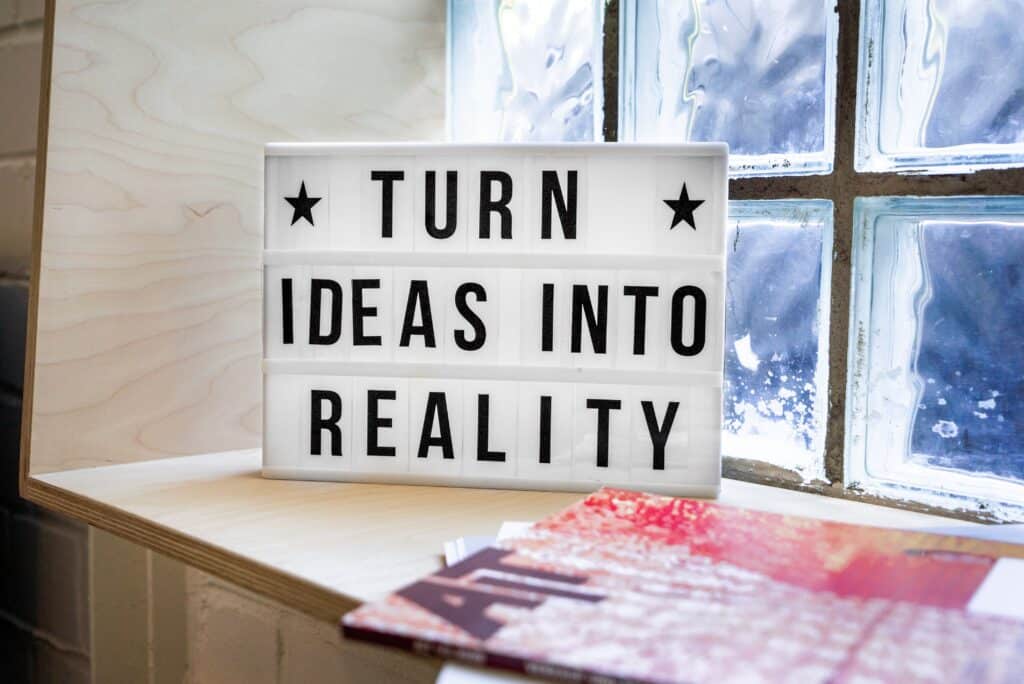
7. Incorporate Inspirational Wall Decor in Your Space
If you prefer to go bold with your sources of inspiration, don’t limit yourself to a newsletter or a daily calendar. Instead, try incorporating framed inspirational quotes, motivational signs, or other inspirational wall art into your studio or workspace. You don’t have to cover the walls with inspirational posters, but a few motivational pictures can create a powerful daily reminder about why you do what you do.
This will look different for everybody! Go with some options that truly resonate with you, and don’t worry at all about what others may think of your choice. Finding motivation is something that is very personal to every creator: one person’s motivational art might be corny to another person, and that really doesn’t matter. Is it a Miró print? Or a typography treatment that proclaims “Start Small, But Start Somewhere”? That motivation poster is just for you.
The point is to create an environment where you can get motivated and find the zone that enables you to produce your best work. If you come across a cool inspirational poster online, you can also add it to your Instagram to share with others.
If quotes aren’t your thing, another option is to refresh your workspace by thinking about what kind of atmosphere is best for creating art motivation. For example, blue is suggested to improve creative work. Maybe it’s time for a new coat of paint!
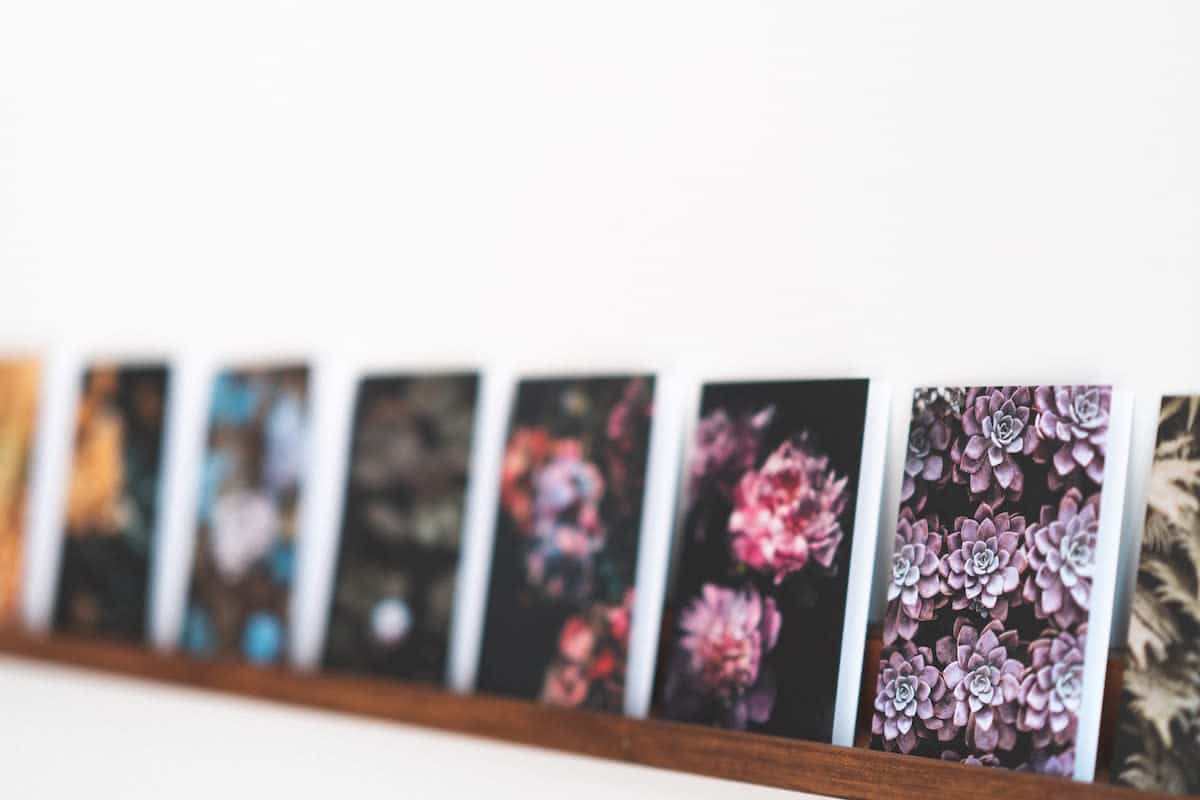
8. Make Money With Your Art
Money can be strong motivator, especially when many years of work go into mastering your art. When people are willing to pay well for your talents, it helps you get motivated to create more and to work through any block or low period you may be having. Whether you’re selling your landscape photography or selling your crafts online (or any other art), here are some things to keep in mind:
Choose a website builder that comes with an online store. That way, once you’ve built your online portfolio, you can turn on the store functionality and make your work shoppable!
Create with your market in mind. If you’re trying to sell stock images, learn about what kind of stock photography sells best.
Identify your niche—pet portraits might be your thing!—and look into opportunities specific to that niche.
Brush up on your client relations skills. These are essential if you plan to make money with your art.
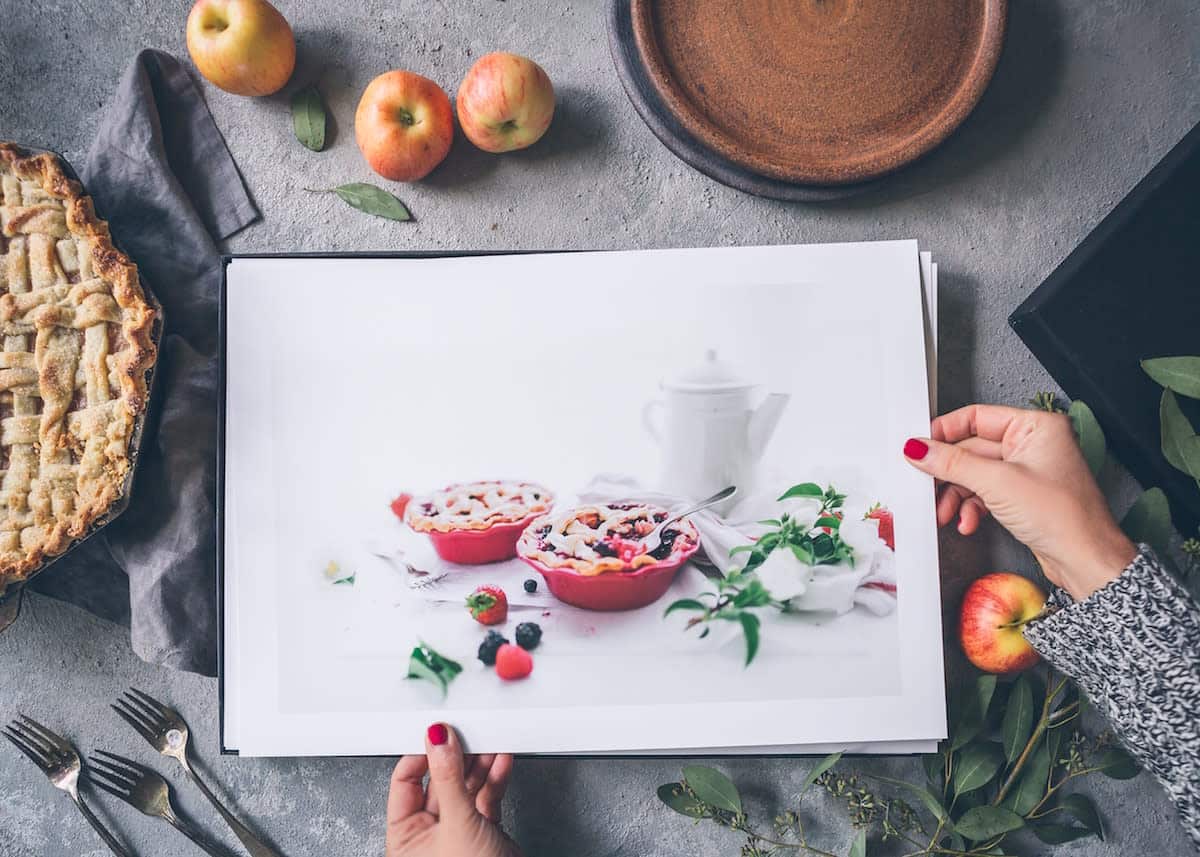
9. Acknowledge How Much You Have Accomplished
Revisiting your own body of work can be a great tool for finding motivation. Take some time to review your past projects and successes—and see how far you’ve come—by reviewing your online portfolio website. Seeing those projects from a few years ago, and noticing how you really have improved your craft with time, can be very inspiring!
You might also be motivated to update your portfolio with your recent work to showcase how your art and your creativity have evolved—sparking you to start a fresh project.
Another easy way to freshen your portfolio? Integrate it with Instagram. This keeps your website active, and gives your fans and potential clients a reason to keep checking back. Sometimes the answer to how to stay motivated lies in reinterpreting and revisiting your old work.
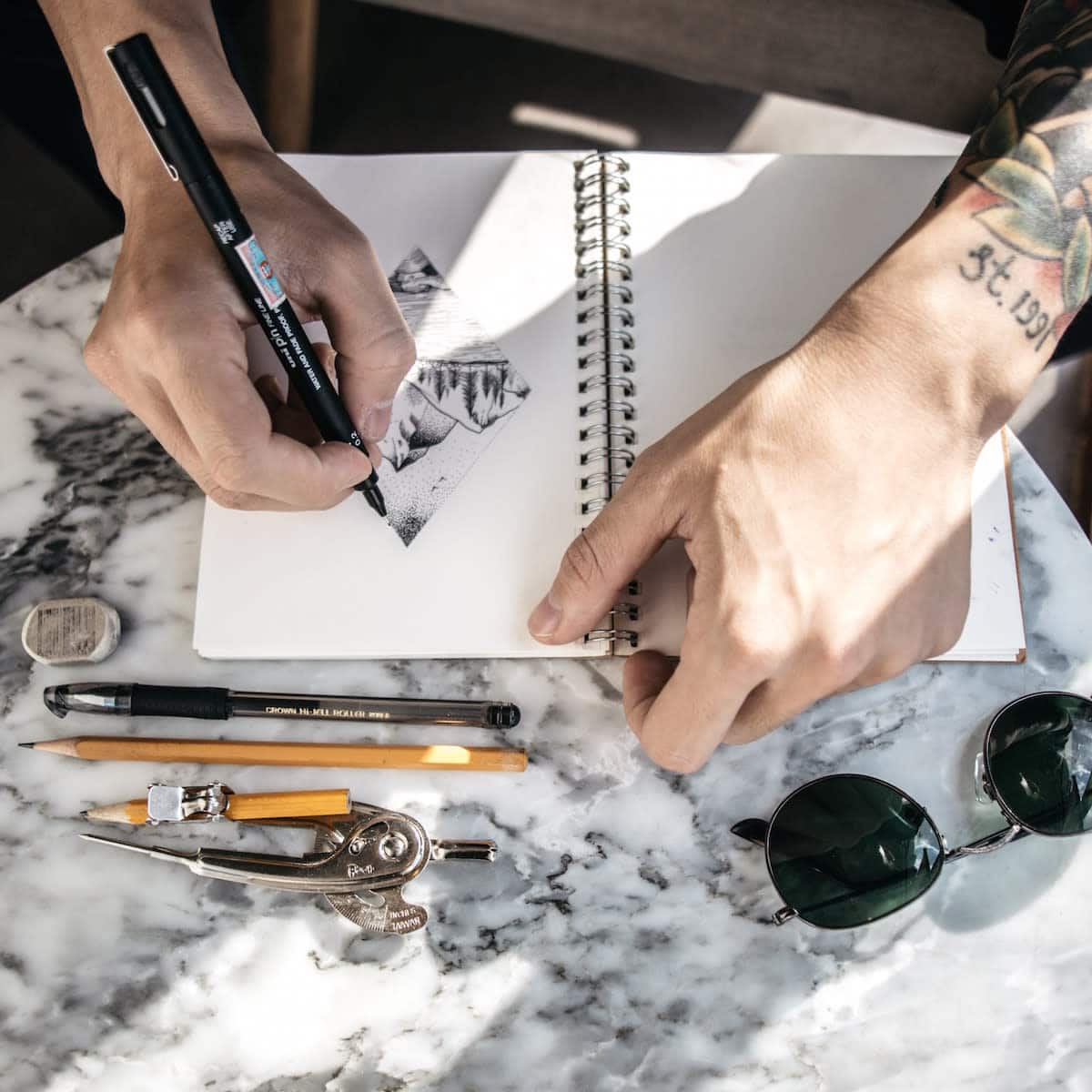
10. Challenge Yourself
If you’re feeling low on inspiration, it could be because your current projects aren’t challenging enough. Maybe you’re in a bit of a rut, creating work that isn’t all that different from what you have done in the past. Challenging yourself can be a powerful tool for finding motivation.
Maybe you’re a photographer who hasn’t worked in video before. Try shooting some video of your next project, and find an online website builder that enables easy video integration so that you can showcase your new work—and your new video skills!
Maybe you’re an illustrator who is used to taking their time and being super-meticulous with their projects. Join a social media challenge such as Inktober to force yourself to work at a different pace than you’re accustomed to (creating fun, shareable content for your online illustration portfolio and your socials while you’re at it). Switching up your usual routine can be an awesome way to get motivated. Now, aren’t you all fired up and ready to create? You can do it!
Need some more inspiration?
The Best Art Contests And Art Competitions For 2018/2019
38 Arts Jobs You Can Get With Your Fine Art Degree
12 Creative Entrepreneurs Share Their Best Business Advice
